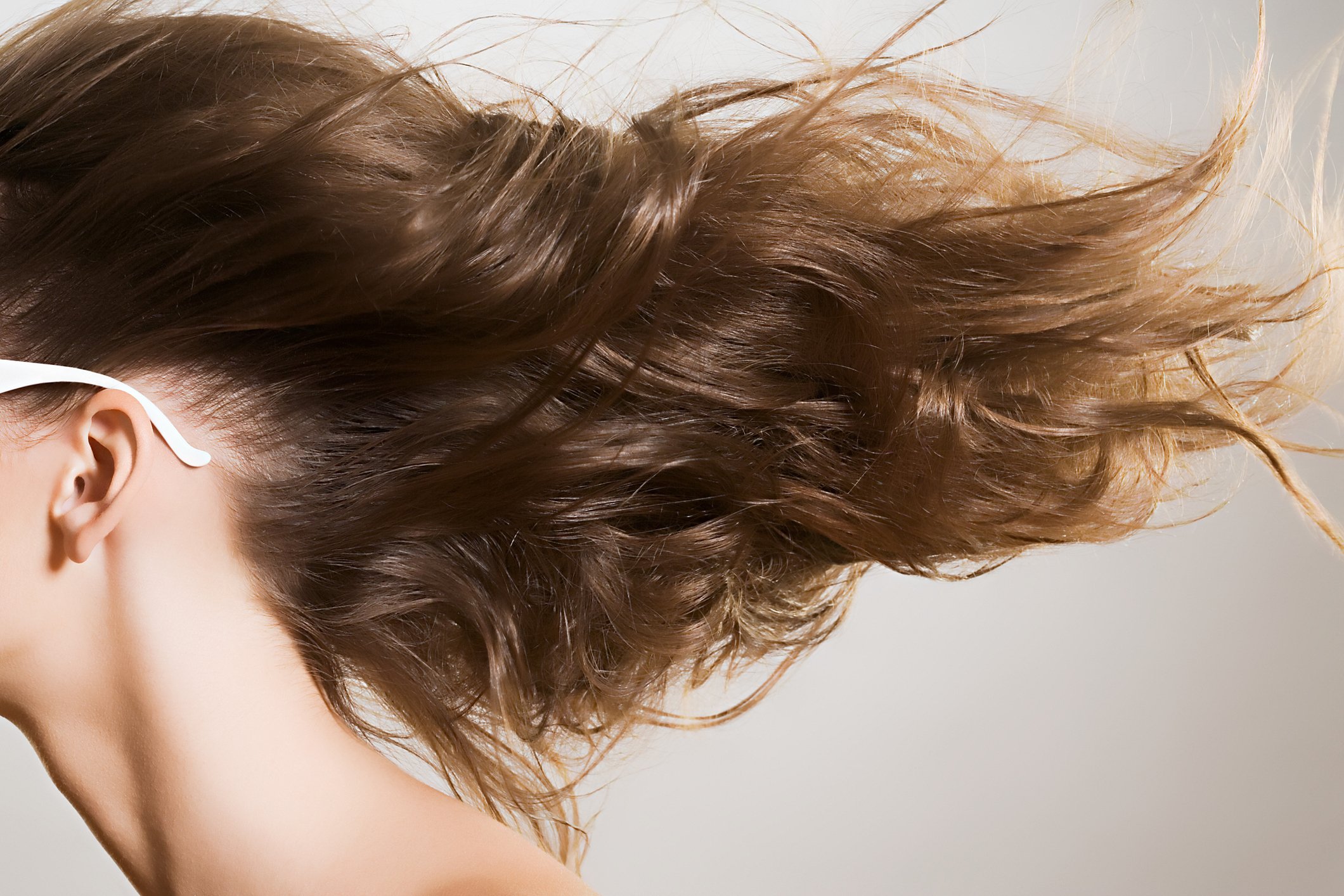The Truth About Hair Loss: Breaking Down 6 Common Myths
If you’re reading this, you're likely searching for answers and solutions to the frustrating and often disheartening experience of thinning hair and hair loss. As a Certified Trichologist, I understand the concerns and challenges you may be facing, and I'm here to shed light on six of the most common myths surrounding this topic.
Myth 1: Hair Loss is Inevitable with Age
It's a widely held belief that as we age, thinning hair and hair loss are inevitable and there’s no hope for treatment. While it's true that age can contribute to changes in hair density and quality, it’s not an absolute certainty for everyone. Thinning hair and hair loss can result from a multitude of factors, including genetics, hormonal changes, lifestyle choices and certain medical conditions.
Myth 2: Only Expensive Treatments Can Help with Hair Loss
There is a common misconception that effective hair loss treatments must be expensive or invasive. While there are advanced procedures available, such as hair transplants, that come with a higher price tag, it's essential to recognize that not all cases require such interventions.
Many individuals experiencing thinning hair or hair loss find success in non-invasive treatments, including topical solutions, laser therapies and oral supplements. These options can be effective in stimulating hair growth, strengthening follicles and improving overall hair health.
Myth 3: Hair Loss Only Affects Men
One of the most pervasive myths surrounding hair loss is that it only affects men. While it's true that men are more likely to experience hair loss than women, hair loss can affect anyone regardless of gender. In fact, according to the American Academy of Dermatology, around 40% of women over the age of 40 experience visible hair loss, and many more have thinning hair. There are many factors that can contribute to hair loss in women, including hormonal changes, stress, medication and genetics.
Myth 4: Wearing Hats or Caps Causes Baldness
Another myth is the idea that wearing hats or caps can cause hair loss. Wearing a hat does not directly contribute to baldness. However, if the hat is excessively tight or dirty, it can lead to scalp irritation, which might affect hair health. It's important to ensure that hats and caps are clean, properly fitted and not worn for extended periods to maintain a healthy scalp environment.
Myth 5: Over-the-Counter Products are Sufficient for Treating Hair Loss
The abundance of over-the-counter hair care products claiming to treat hair loss can be overwhelming. However, not all of these products are created equal, and many lack scientific evidence to support their claims. While some may provide temporary cosmetic benefits, addressing the underlying causes of hair loss requires a comprehensive approach. I only recommend clinically proven products that target specific concerns and provide all of my clients with personalized guidance on their usage.
Myth 6: Hair Loss is Irreversible
Finally, one of the most discouraging myths surrounding hair loss is the belief that it is irreversible. While some forms of hair loss, such as genetic pattern baldness, cannot be completely reversed, there are numerous treatment options available to slow down the process, promote hair growth and improve the overall health of your hair. From topical solutions and medications to non-surgical procedures and hair transplant techniques, consulting with a Certified Trichologist can help determine the underlying causes of your hair loss and develop a personalized treatment plan.
Dealing with thinning hair and hair loss can be a distressing experience, but when it's approached with the most accurate information and a comprehensive hair care routine, it doesn’t have to define you.
As a Certified Trichologist, I recommend investing in high-quality, sulfate-free shampoos and conditioners that nourish and strengthen the hair follicles. Look for ingredients such as biotin, keratin and essential oils known for their revitalizing properties. Additionally, incorporating scalp massages into your routine can improve blood circulation, stimulate hair growth and enhance the effectiveness of topical treatments.
Stay informed, be proactive and take the necessary steps to care for your hair. If you're experiencing hair loss or have concerns about the health of your hair, I encourage you to schedule an in-person or virtual consultation. Using The Gordon Method of Hair & Scalp Analysis, I will identify the root causes of your hair issues and develop a comprehensive plan, with personalized recommendations and treatments tailored to your specific needs.







